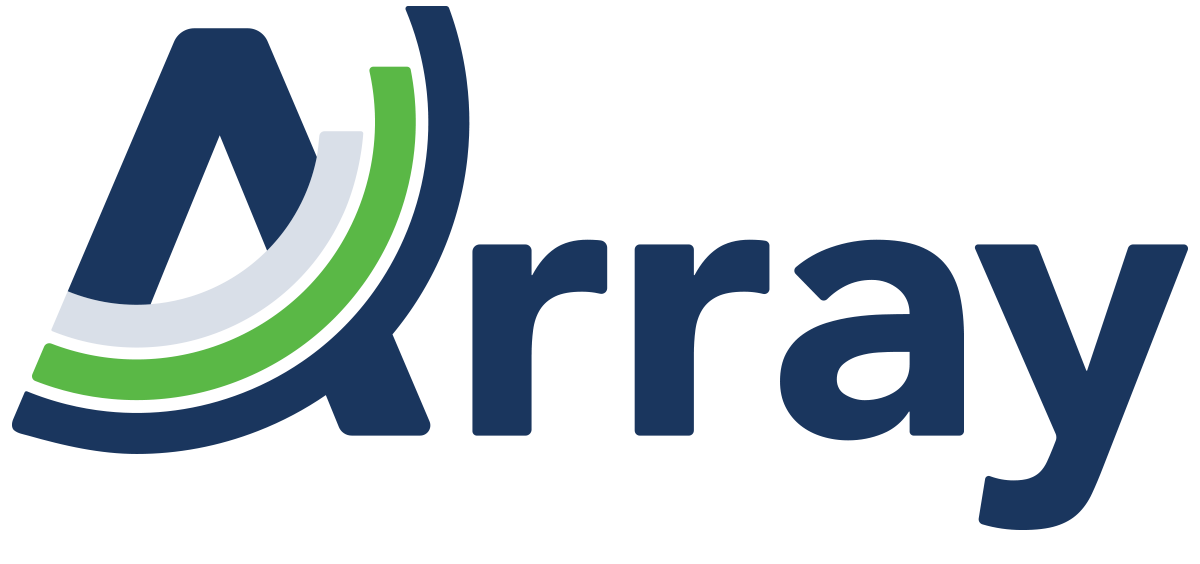Every week, the Array team reviews the latest news and analysis about the evolving field of eDiscovery to bring you the topics and trends you need to know. This week’s post covers the week of April 1-7. Here’s what’s happening.
Last week, EDRM released the final version of its General Data Protection Regulation guidelines following a public comment period. The guidelines are intended to assist eDiscovery practitioners with GDPR compliance in the EU, starting with a checklist for compliance, followed by guidelines for compliance in the context of U.S. litigation discovery and investigations, and finally a template protective order.
“Where litigation or investigation matters involve evidence located in Europe or the UK, parties are put into a difficult position of determining how to comply with U.S. discovery and/or production obligations without violating the GDPR,” said David Cohen, a Reed Smith partner who co-chairs the EDRM project team that developed the guidelines and related resources. “For even a single GDPR violation, parties can be fined up to the greater of 20 million Euro or 4% of a company’s annual worldwide revenue. Practitioners do not want to face such liabilities. The guidelines, accompanying checklist, model hold notice, and model protective order were developed by our EDRM team to help facilitate compliance.”
While it is still recommended that the organization’s local privacy officers and counsel are consulted to ensure that a company remains compliant with its obligations, these guidelines can help provide a path to proper handling and treatment of protected data.
Privilege Logs: the Details Matter
On the EDRM blog, Michael Berman writes about Southern Pine Credit Union v. Southwest Marine & General Insurance Company and other cases where the amount of detail disclosed in a privilege log was an issue. In Southern Pine, Plaintiff argued that Defendants were withholding insurance claims under “specious assertions of attorney-client privilege and/or attorney work product.”
The court wrote that the party invoking a discovery privilege bears the burden of proving the privilege exists and found the logs contained vague descriptions such as, “email containing legal advice of counsel regarding requests for documents and information from Southern Pine” or “letter containing legal advice and legal opinion of counsel regarding supplemental coverage opinion concerning Southern Pine’s claim.” The court ordered an in-camera review.
So what is “enough” information for a privilege log? It depends on whether you ask a judge or a lawyer. Berman cited a non-scientific experiment with jurists and attorneys that was reported in “Asserting and Challenging Privilege Claims in Modern Litigation: The Facciola-Redgrave Framework” by the Hon. John M. Facciola and Jonathan M. Redgrave.
The experiment asked the participants which of these three typical privilege log entries was adequate:
- “Attorney-client privilege”
- “Letter providing legal advice”
- “Letter providing legal advice as to tax consequences of the proposed Smith deal.”
The authors wrote that all agreed the first entry was insufficient. Judges thought the second was also insufficient and only the third was adequate, but the attorneys said the second contained the most information they would put into a log and the third provided too much information, exposing the risk of a privilege waiver.
Just like specifications for production of Electronically Stored Information, it may be helpful for parties in a legal dispute to also outline the details that need to be disclosed when documents are withheld from production due to claims of privilege. Negotiating this information up front in a protocol can minimize disputes or court involvement when privilege logs are exchanged in litigation.
Other recent eDiscovery news and headlines:
- Public vs. Private ESI as Evidence Best Practices (ACEDS blog)
- Those Files Linked from Messages. What Should We Call Them? (eDiscovery Today)
- The Ultimate Data Discovery Showdown: Search Terms vs. Analytics (JD Supra)
Julia Helmer; Director, Client Solutions
With a decade of expertise, Julia excels at optimizing enterprise eDiscovery workflows from start to finish. With a deep understanding of how to seamlessly integrate workflows across various eDiscovery platforms, Julia creates tailored solutions for data identification, legal holds, ESI collections, and productions. By harnessing the power of Technology Assisted Review and Analytics, she delivers efficient, cost-effective results that align with best practices and budgetary constraints. Julia’s exceptional communication and customer service skills have fostered strong, lasting relationships with both clients and Project Management teams, enabling her to effectively problem-solve and drive success across numerous projects.

